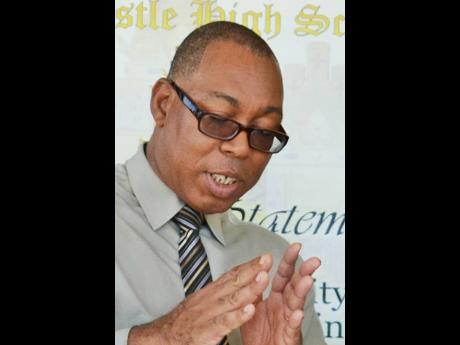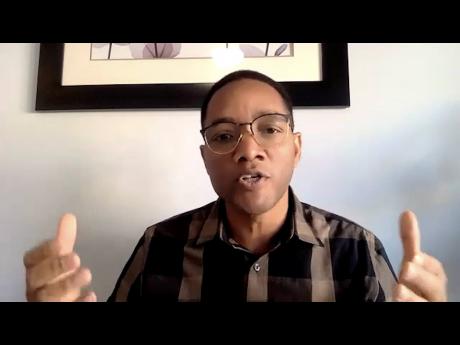Teacher exodus may pull plug on some subjects
High teacher migration rates are raising a new threat to school administrations beyond the struggle of stretching manpower. Principals are now facing the dilemma of perhaps abandoning some curriculum programmes in the upcoming academic year amid...
High teacher migration rates are raising a new threat to school administrations beyond the struggle of stretching manpower.
Principals are now facing the dilemma of perhaps abandoning some curriculum programmes in the upcoming academic year amid anecdotal reports of mass workforce haemorrhage.
That’s the gloomy prospect for Raymon Treasure, principal of York Castle High in Brown’s Town, who is worried about teacher attrition.
The St Ann school was hit with five resignations in 2021 and six more have followed so far this year.
“It’s one thing for people to leave, but if they cannot be replaced because the system is not turning out enough people to replace them, then you have a problem on your hands,” Treasure said in a Gleaner interview.
He particularly has challenges with vacancies for Spanish, visual arts, and electrical and mechanical engineering.
“I have replaced the math teacher, but up to this point, I do not have an applicant for mechanical engineering, visual arts ... and the industrial technology subjects,” he said.
“... When you lose those teachers, you’re going to have to apply for months.”
Treasure said that York Castle, which now has 75 teachers, has been forced to rely heavily on pretrained university graduates for the teaching of English language, leaving the permanent positions unfilled.
The scale of the crisis has caused York Castle to share teachers with Brown’s Town High, shuffling across compounds in-between morning and afternoon shifts.
“It is going to be rough ... . So if come September you don’t have those teachers, you won’t have a choice. You would basically have to drop those subjects and you would have to offer other things,” Treasure told The Gleaner.
Linvern Wright, president of the Jamaica Association of Principals of Secondary Schools (JAPSS), said that staffing woes were “something that every single principal is concerned with”.
The situation is exacerbated, he said, by some teachers on the cusp of migration not giving principals sufficient notice to find new recruits.
School administrations have thus had to issue last-minute advertisements in the hope that suitable applicants will come pouring in for interviews.
“By the time they get through, it’s about late August, which getting a replacement teacher at that time is a very difficult thing,” said Wright, who added that he foresaw many students suffering greatly.
Principals islandwide have voiced particular concerns about the fallout in high-demand subjects like mathematics, which is already plagued by a low pass rate, as well as science, English, and Spanish.
“Anecdotally, I really don’t have the figures ... but it seems that a number of people are going,” said the JAPSS president.
Wright, who is principal of William Knibb Memorial High in Trelawny, said that he is personally feeling the impact of teacher migration.
Of a total of eight mathematics teachers, he said six have already resigned, along with one tutor each of chemistry and Spanish.
William Knibb has 63 academic staffers serving a student population of 1,234.
While Wright credits the relationship with his staff as a factor limiting sudden resignations, he however acknowledged that many teachers won’t hesitate to migrate without due notice because of the slim window of opportunity that sometimes opens.
More job openings are emerging for Jamaicans and other migrants as teachers flee American classrooms.
A recent National Education Association survey showed that 55 per cent of teachers planned to exit the classroom because of growing anxieties caused by the coronavirus pandemic.
Comparatively higher wages in the US make migration an attractive option for many Jamaicans.
“I’ve been a principal for a number of years, and the truth is ... there are many teachers who cannot pay their bills, and if you can’t pay your bills and there is a lure of better money elsewhere, people are going to go,” Wright said.


